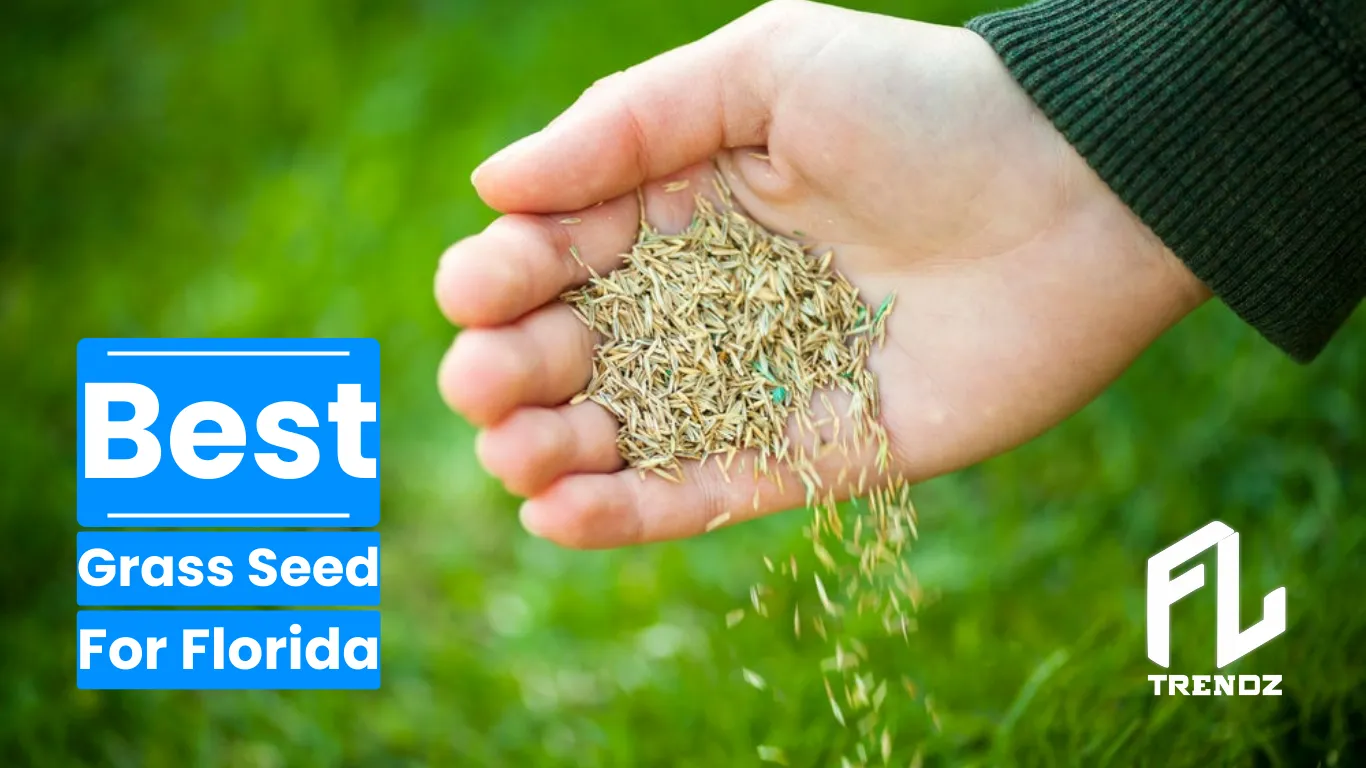7 Best Tires for Florida | Drive Efficiently
Florida’s high tropical climate, such as high temperature, frequent heavy rains, and certain road conditions, may pose various challenges for drivers.
In the Sunshine State, when it comes to tire performance, we require a specific kind of tire to navigate safely and efficiently. The most suitable tires for Florida’s driver are typically designed to withstand heat and deliver excellent wet traction.
Moreover, the warm climate of Florida may accelerate tire wear and lead to frequent replacement if not addressed correctly. However, the right tires can resist these conditions, ensure a smoother, safer ride, and provide long tread life.
When purchasing the next set of tires, understanding the importance of tire selection and the influence of weather and terrain conditions on tire performance will enable you to make an informed choice.
For a unique Floridian climate, this comprehensive guide will assist you in selecting tires that offer the best performance, longevity, and safety features.
Best Tires for Florida
Do you live in Florida and are having a hard time choosing a set of tires for your automobile? Now, you don’t need to be worried. Here you can find the best tires for Florida weather.
Also Read: What Is Florida Known For?
These upcoming 7 picks are believed to satisfy your requirements.
BFGoodrich All-Terrain T/A KO2 – Best For Overall
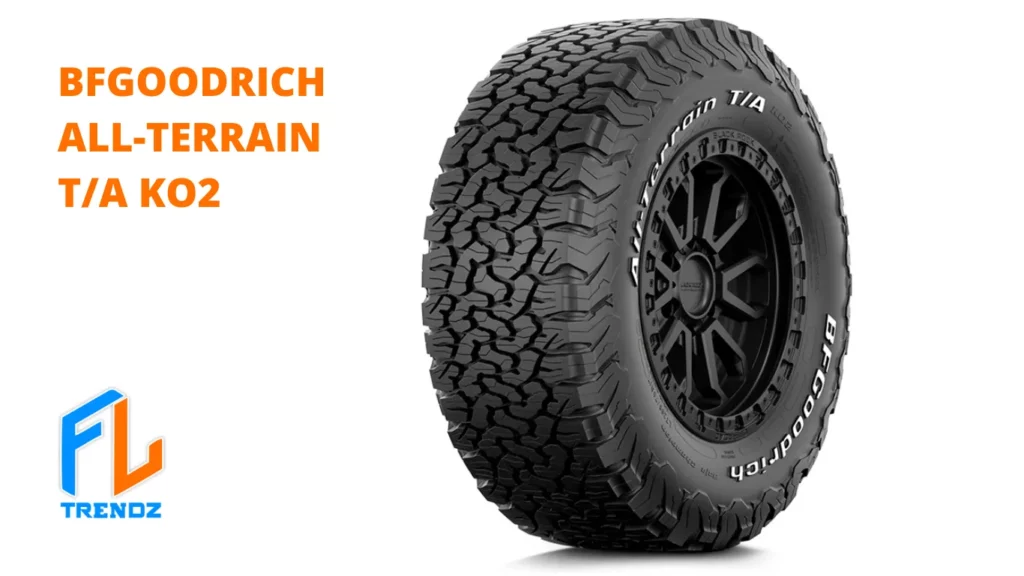
The tires are released using the BFGoodrich proprietary technology known as CoreGard. You can quickly recognize that the sidewall rubber compound is created with twice the thickness of conventional ones.
This resistant material provides the tires greater longevity and protects them from damage from external objects like stones or gravel.
The parameter is attributed to reducing the experience of shocks and vibrations when a driver goes through uneven terrain.
Serrated, deep grooves, open shoulders, and large trade blocks are produced by 3D sipe modeling formulation, resulting in stronger and studier biting edges.
The M+ symbol relieves your mind about its stability and aggressive mud or snow surface. The company has committed that the traction on mountain or snowflakes has been improved by about 15% more than the previous versions.
The treadwear has an 80,000-mile limited warranty, within the typical endurance rate. If used and maintained properly, this tire can optimize its performance in long-term moving tasks afterward.
We’ve ensured that this admirable case is among the best tires for Florida heat and rain, serving medium-heavy transportation.
Pros
Cons
Michelin Defender LTX/MS – Superior wet, mud, and snow & performance
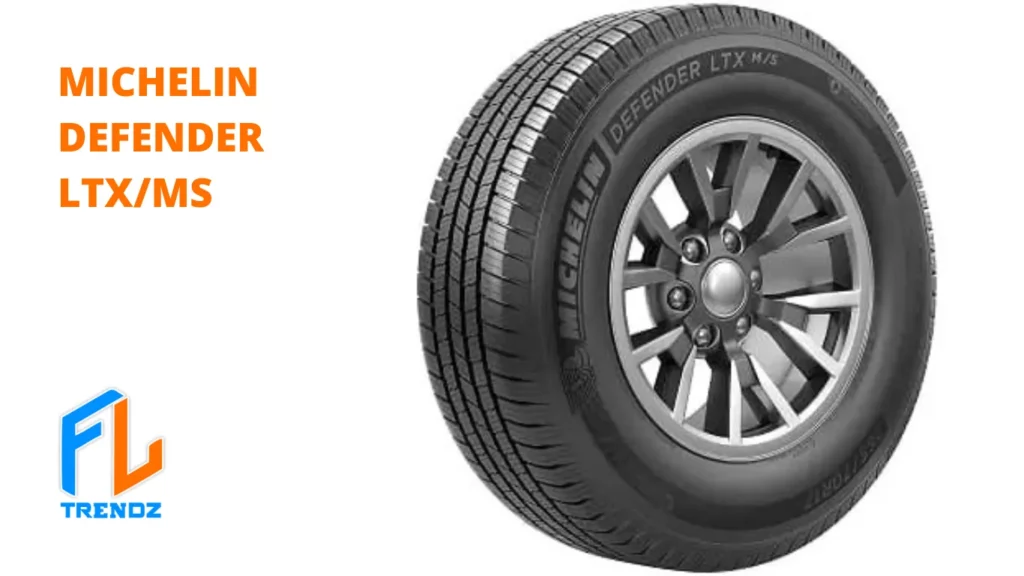
One of Michelin’s most brilliant product lines, it serves both on- and off-road requirements with an excellent and durable tread life of 70,000 miles and a limited warranty.
Moreover, this model has claimed a significant strength in on-road performance compared to an all-terrain one, specifically satisfying the moving need on wet highways.
Tires are engineered by MaxTouch construction, A Michelin sole computer optimized design, based on the technology support, contact patches between tires and road surface, boosted up to the maximum level.
Especially on rough surfaces, this improvement enhanced traction. No matter the terrain’s unevenness, it ensures the tire’s smooth grip and rotation.
The tread pattern has a symmetric and sophisticated structure. Drivers may encounter some obstacles on the road, such as mud or marshes, due to the movement of deeply serrated edges, especially when traveling on highways and towards rural areas. This tire fails to meet our expectations in deep mud and snow.
Pros
Cons
Bridgestone Dueler H/L Alenza Plus – Best Treadwear
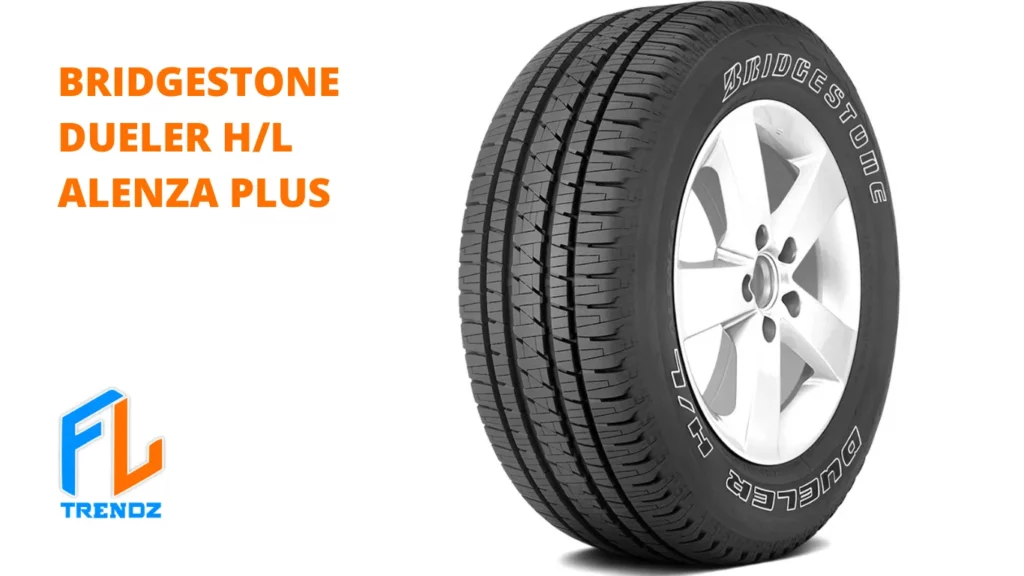
Offering the most remarkable feature of a highly long tread life built to last within 80,000 miles, it is one of the highest tread warranties you may grab. You can enjoy heavy-duty trips without being afraid of quality degradation.
Bridgestone offers an outstanding rainy or wet performance item with large blocks, claws, solid grooves, and open shoulders combined with a flexible braking system.
It fosters water-evacuation capacity while adding more than 13% capability on wet performance.
The characteristics mentioned above ensure the driver’s safety and the tire’s endurance under heavy rain and reduce hydroplaning accidents as much as possible.
Pros
Cons
Michelin Defender T+ H (Best Dry Grip)
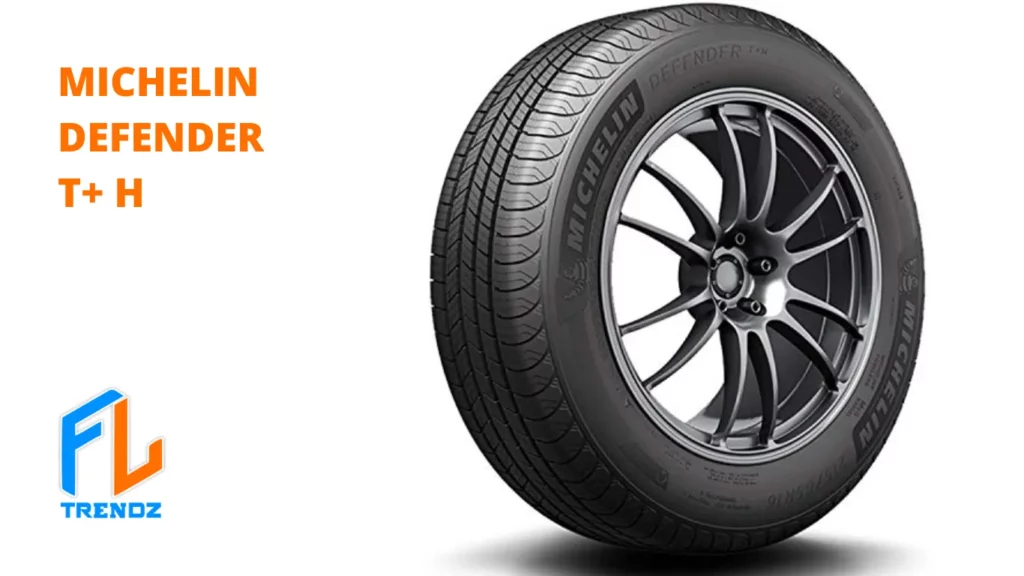
Since the dry season is dominant in Florida, this tire should suffice because its expanded biting edges provide perfect grip to drivers on uneven and dry surfaces like stone or gravel. And it does not end here.
The integrated Comfort Control tech also reduced the noise significantly while traveling, specifically on highways.
Tires ensure an easy and smooth rotation, no matter how uneven the terrain is. Now, crossing any terrain comfortably is no longer a distant dream.
Pros
Cons
Yokohama AVID Touring S (Best for Light-Duty Transportation)
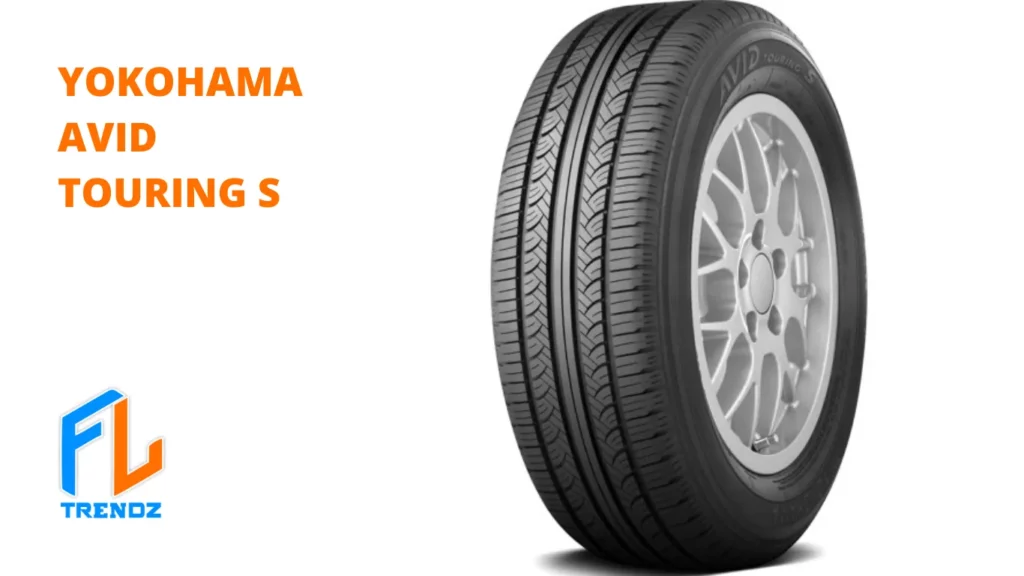
Yokohama products are desirable for everyday transport, expressing lightweight and moderately low payload. It costs less weight and force, so it can rotate faster while saving more fuel.
Yokohama facilitates you with better handling, contact feeling, and controllability. By replacing tires on your own, you can relieve your wallet.
The tires cannot make you hesitate about their performance, the resistance in dry conditions is considered standard, and its wet performance can exceed your expectations.
Clear biting grooves separate tread patterns but are not too sophisticated. Under heavy downpours and light snow conditions, it is key to better traction on slippery roads.
Pros
Cons
Hankook Ventus V12 Evo 2 (Best Summer Tire)
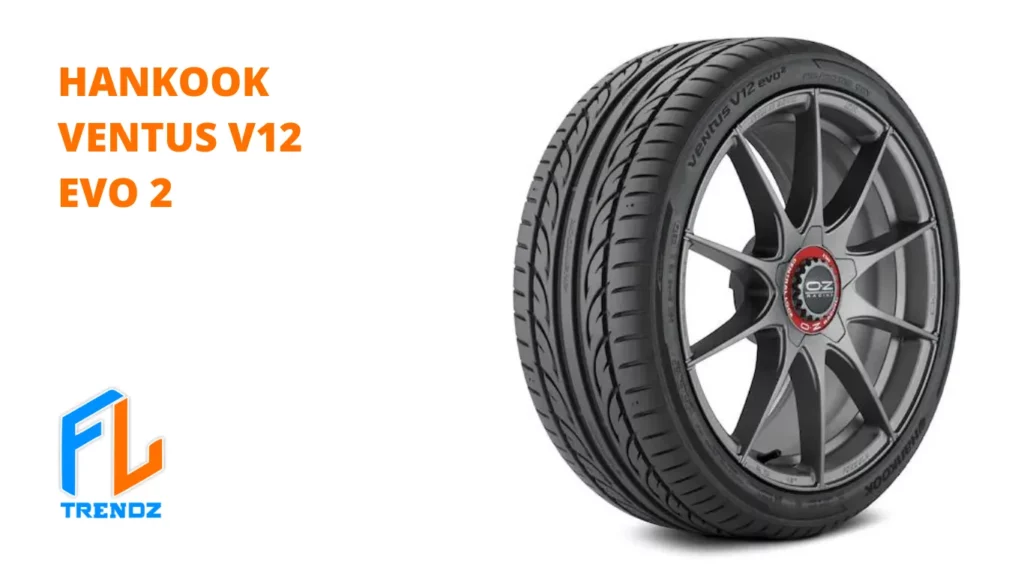
These tires are made from a high silicon compound, which helps to prevent rolling resistance, which is the mutual force between the road surface and the tire.
However, tires may cost less energy to roll, responsible speedy efficiency, and significant fuel.
Consequently, the compound enhances traction on both dry and wet roads.
However, wet performance is regarded as more dominant. This is a godsend in Florida because of the copious amounts of precipitation.
Another spotlight is the bead built inside the tread structure. That’s why it not only reduces noise but remains comfortable when a driver goes on aggressive roads.
Pros
Cons
Firestone Firehawk AS (Best All-Season Endurance)
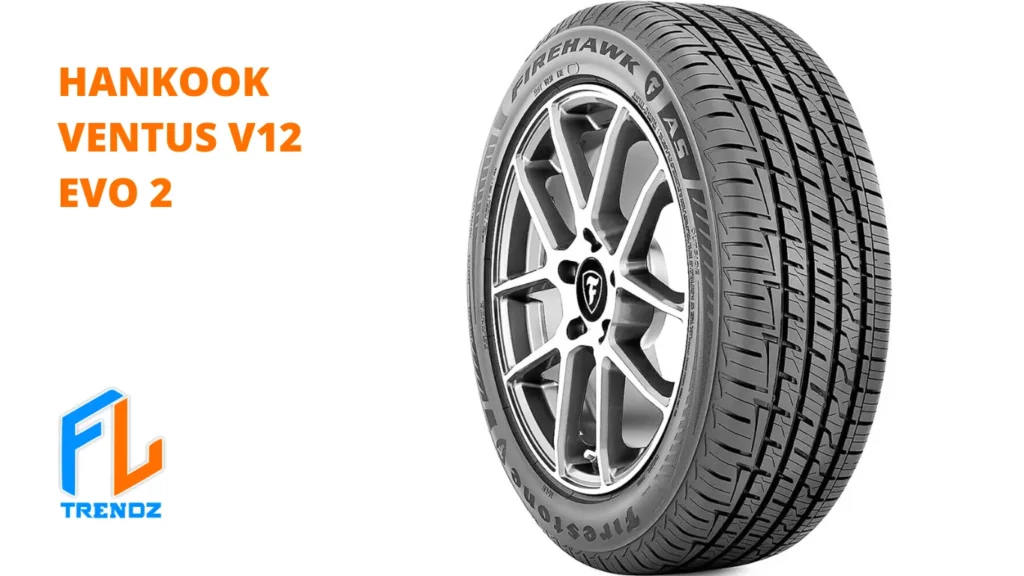
At first sight, you’ll be impressed by the tire’s sophisticated, extremely meticulous, and detailed tread patterns. This company has assorted grooves that are deeply crisscrossed, guaranteeing maximum performance on snowflakes and mud.
Compared to the previous one, the snow traction has been reinforced by 20%. They can quickly adapt and overcome thickly muddy or snowy covered payment due to their mud and snow performance specialization.
Pros
Cons
Key Consideration
When choosing tires for Florida’s unique weather conditions, we should consider the following things.
Brace for the Heat
Florida is like an endless summer; you’ll need tires to take the heat. While purchasing tires, ensure they are designed to resist heat and prevent fast wear and tear.
Ready for Rain
In heavy rain, Florida’s wet roads can be tricky. To prepare for those rainy days, look for tires with great wet traction. The special tread design of these tires helps water to escape and keep the tire in contact with the road.
Longevity
Longevity is an important key for consideration. Since the heat can make tires wear out faster, choose tires that are well-known for their durability and long tread life.
Comfort
Some tires are quieter and provide a smoother ride on uneven terrain than others. When choosing the tires, don’t forget about the comfort key.
Environmentally Friendly
Some tires are more eco-friendly than others. Consider the environmental impacts. If it’s important to you, keep an eye out for that.
Conclusion
Florida has hot, humid, wet weather with virtually no ice or snow, which makes it different from the rest of the country. Consider factors such as wet performance, heat resistance, and mileage while choosing the tires for Florida. Despite the absence of thick snowfall, typhoons and thunderstorms are common phenomena in the Sunshine State. You need the best tires for Florida’s weather to smoothen transportation and avoid risk for your and your family’s lives. With this particular climate, tires are required to own some specialized characteristics.
Keep in mind that choosing the right tire depends not only on climate conditions but also on your driving habits, budget, and vehicle type.


